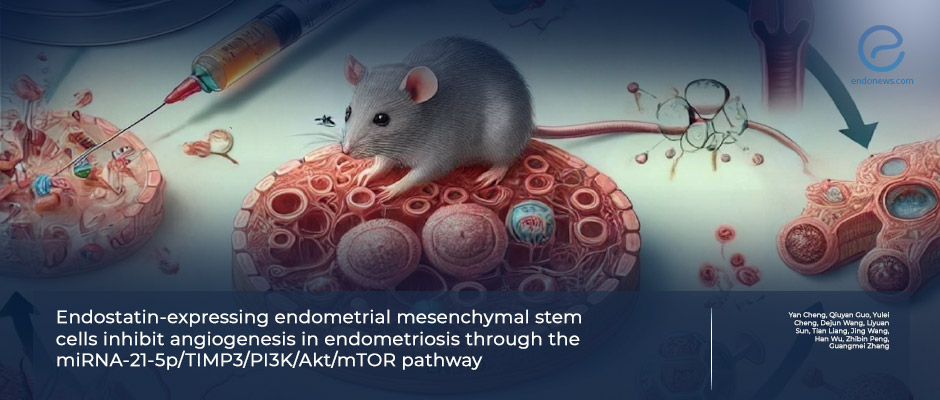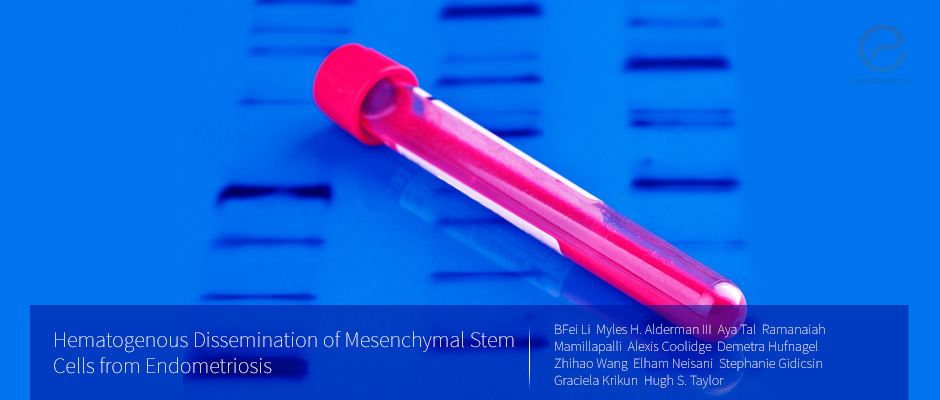Endostatin-Expressing Stem Cells: A New Approach to Treating Endometriosis
Endometriosis is a chronic inflammatory condition characterized by abnormal blood vessel formation. Endostatin, a potent angiogenesis inhibitor, has shown potential in targeting the process of angiogenesis. In a study published in Stem Cells Translational Medicine, Peng and Zhang et al. explored the therapeutic…
Key Points Lay SummaryStudy Sheds Light on the Molecular Mechanism of Endometriosis Lesion Formation
The production of a protein called Nucleotide-binding Oligomerization Domain 1 (NOD1) in ectopic mesenchymal stem cells may be associated with the formation of ectopic endometrial lesions, according to a new study published in the International Journal of Stem Cells. This…
Key Points Lay SummaryEndometriosis Development: Pathogenesis and genomics
In this review recently published in the International Journal of Molecular Sciences, Baranow et al from Saint Petersburg, Russia, hypothesize the existence of an endometriosis development genetic program (EMDP) that governs the origin of endometrium stem cells programmed for endometriosis; their transition…
Key Points Lay SummaryMechanism for Migration of Endometriosis Cells in the Body
Li et al. recently published a paper in Stem Cells titled “Hematogenous Dissemination of Mesenchymal Stem Cells from Endometriosis.” This article seeks to understand the mechanisms underlying the migration of endometriosis. The authors initially hypothesize that endometriosis-derived mesenchymal stem cells…
Key Points Lay SummaryHuman Endometrium-Derived Mesenchymal Stem Cells for Cell-based Therapies
Mesenchymal stem cells are a promising candidate for cell-based targeted therapies because they have characteristics such as self-renewal, multipotency, low immunogenicity, and non-oncogenicity. It has the capacity to migrate to sites of inflammation including in endometrial lesions and tumor. Most…
Key Points Lay Summary

 By Özge Özkaya
By Özge Özkaya

 By Selma Oransay
By Selma Oransay

 By Kasthuri Nair
By Kasthuri Nair

 By Yu Yu
By Yu Yu